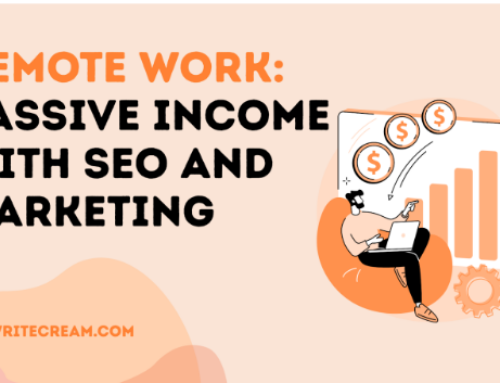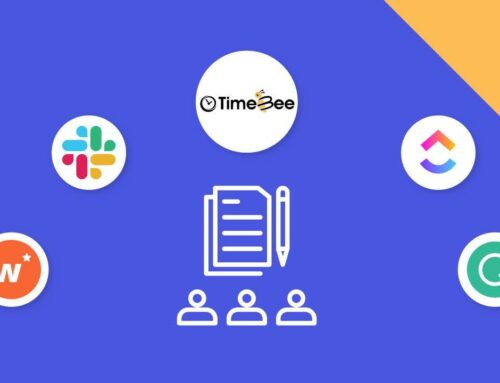Introduction to B2B Advertising Strategy
Ready to supercharge your B2B growth? Well, you’re about to uncover the ultimate guide to B2B advertising that’s about to take your company’s success to soaring new heights. We get it, The world of B2B can sometimes feel like a puzzle with missing pieces, but fear not! In this article, we’re breaking down the art and science of B2B advertising in a way that even your neighbor’s dog could understand. So, buckle up and get ready for some eye-opening insights that’ll have your competitors wondering what hit them!
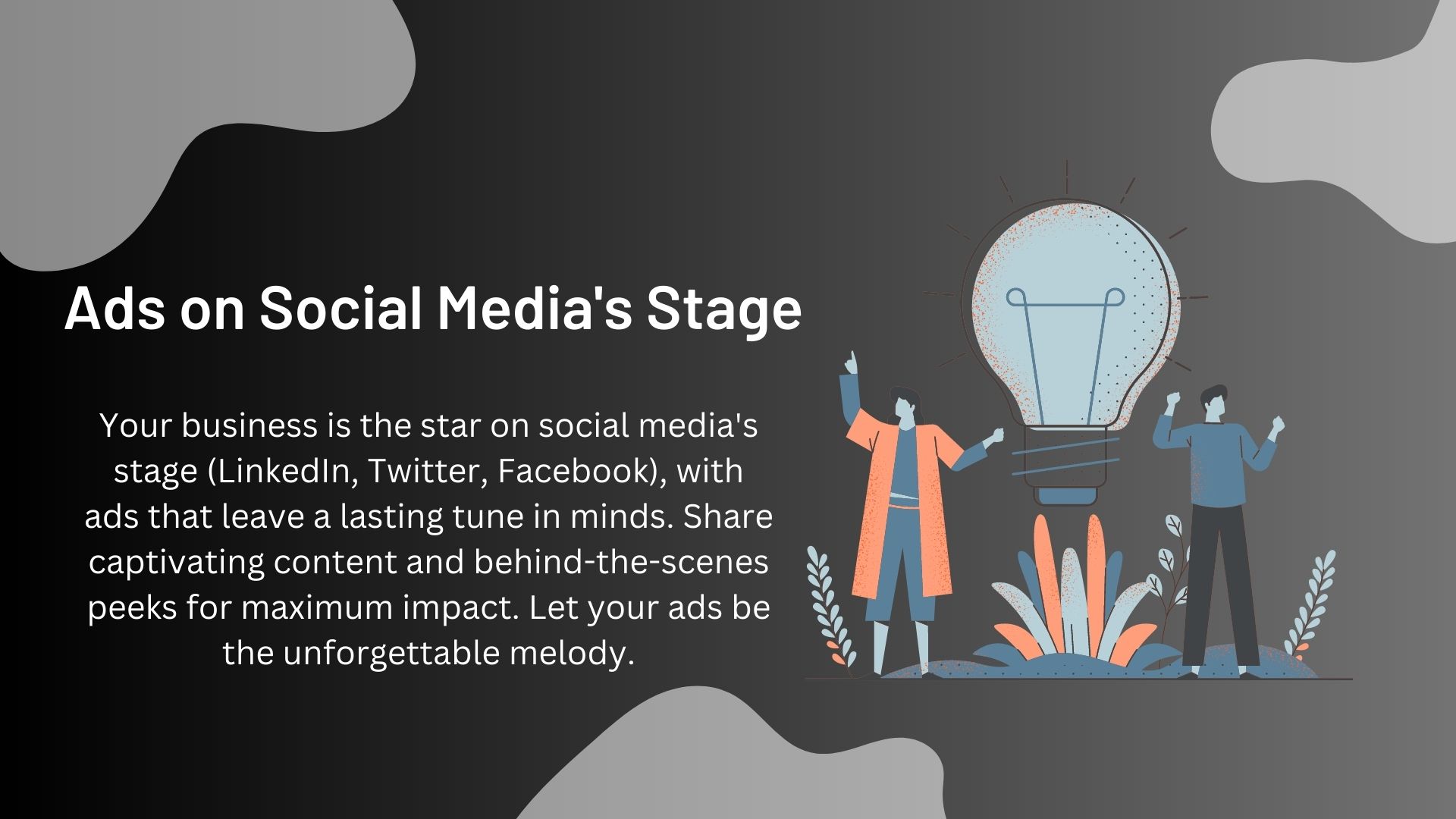
Your B2B Story on Social Platforms
Think of your business as the main star in a big show. Social media platforms are like the stage, and your ads are the lines that make a great performance. Platforms like LinkedIn, Twitter, and Facebook are places where you can show how amazing your business is. You can share interesting articles, stories of how well things are going, and even a sneak peek behind the scenes. Your ads are like the tune that gets stuck in people’s heads. Abhishek Shah, The Founder of Testlify Says “Harnessing the Power of Content Marketing:
Creating high-quality, valuable, and relevant content is a powerful way to attract your target audience and position your brand as an industry thought leader. Consider publishing informative blog posts, whitepapers, case studies, and infographics that showcase your expertise and address the pain points of your potential customers.
Guest Posting on Industry-Relevant Platforms:
Partnering with authoritative B2B blogs and publications within your niche can expand your reach and establish your credibility. Writing guest posts that offer unique insights and solutions can drive targeted traffic back to your website while earning valuable backlinks.
Leveraging Social Media Advertising:
Social media platforms are an excellent channel for targeted advertising. Utilize platforms like LinkedIn, Twitter, and Facebook to create engaging ad campaigns that reach your specific B2B audience. You can use advanced targeting options such as job titles, industries, and company size to focus on your ideal customers.
Running Webinars and Virtual Events:
Hosting webinars and virtual events can be an effective way to showcase your products/services, provide educational content, and connect directly with potential leads. Promote these events through your website, email newsletters, and social media to attract your target audience. Don’t forget to share digital business cards during the event for better networking opportunities.
Optimizing for Search Engines (SEO):
Implementing a solid SEO strategy will help your website rank higher in search engine results, driving organic traffic and generating leads. Focus on keyword research, on-page optimization, and building high-quality backlinks to improve your online visibility.
Utilizing Influencer Marketing:
Partnering with influencers or industry experts who align with your brand can significantly boost your reach and credibility. They can help you tap into their existing audience, leading to increased traffic and potential leads.
Engaging Email Marketing Campaigns:
Email marketing remains a powerful tool for nurturing leads and maintaining relationships with existing customers. Create personalized and targeted email campaigns that offer valuable content, promotions, or updates on your products/services.
Interactive Content:
Infuse interactivity into your content marketing efforts, such as quizzes, assessments, and interactive tools related to your industry. This approach increases engagement and encourages sharing, driving more traffic to your platform.
Strategic Partnerships and Alliances:
Identify non-competing businesses with complementary products or services and explore opportunities for strategic partnerships. This can open up new channels to reach a broader audience and generate qualified leads.
User-Generated Content (UGC):
Encourage your existing customers to share their experiences through reviews, testimonials, and user-generated content. UGC can build trust, showcase your offerings, and attract potential customers.”
B2B Content Marketing as Your Growth Catalyst
Navigating the landscape of B2B advertising requires a powerful compass, and that’s where B2B content marketing comes in. In a world where the distinctions between B2B and B2C marketing blur, your marketing team wields a versatile tool, content. Catering to the discerning B2B buyer involves more than just transactions; it’s about building trust through insightful marketing content. Enter case studies, real-life tales of triumph for B2B business, they’re not just stories; they’re persuasive marketing tactics that spotlight your prowess. Videos add an engaging layer to the narrative, forging connections with B2B customers and boosting your digital marketing strategy. The magic lies in crafting content that resonates with these astute buyers, driving B2B sales and nurturing relationships. But it doesn’t stop there; a successful B2B content/ video marketing tool is a gateway to new business opportunities, positioning you as a trusted industry leader. So, whether it’s through online marketing or captivating videos, let B2B content marketing be your guiding star, steering you toward success in both the B2B and B2C realms.
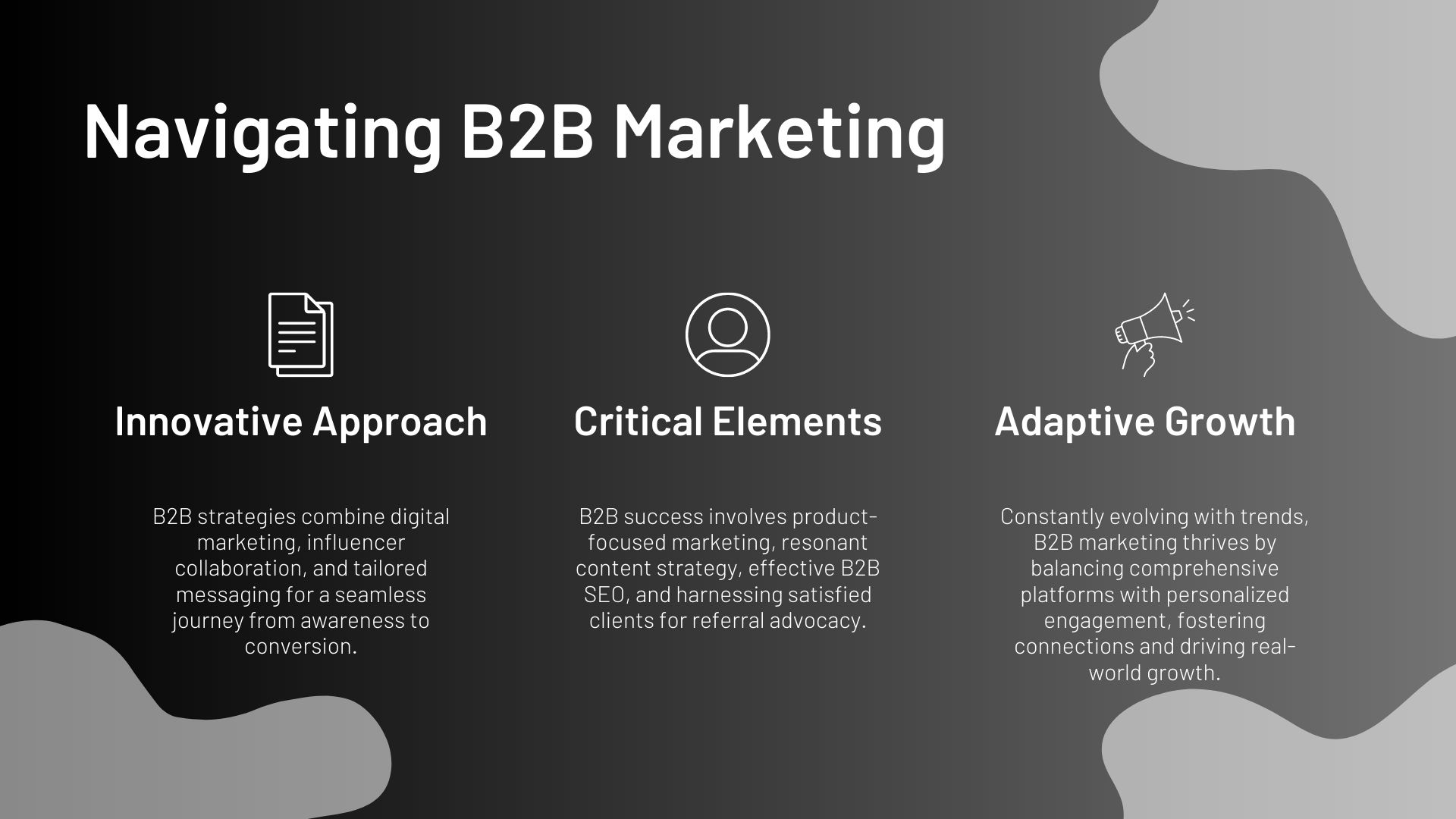
Crafting Effective B2B Marketing Strategies
In the complex world of B2B marketing, crafting the best B2B marketing strategies involves weaving a tapestry of innovative approaches. From B2B digital marketing that harnesses the power of online platforms to influencer marketing that leverages industry thought leaders, the landscape is rich with possibilities. Consider the example of B2B marketing channels: a meticulously designed marketing funnel guiding potential clients from awareness to conversion, supported by the precision of account-based marketing that tailors messages for high-value accounts. Understanding the difference between B2B and B2C is paramount, where product marketing plays a pivotal role. Creating a B2B content marketing strategy that resonates in the competitive B2B space becomes essential, while B2B SEO ensures visibility amidst the digital noise. A successful B2B marketing plan embraces referral marketing, where satisfied clients become brand advocates, and taps into the potential of diverse marketing platforms.
Staying informed about B2B marketing trends is crucial in this ever-evolving landscape, guiding effective business-to-business marketing efforts. Crafting a B2B marketing strategy isn’t just a marketing process; it’s a journey of innovation and adaptation. It involves finding the delicate balance between a comprehensive marketing platform and a personalized touch. Through real-world examples of B2B digital marketing strategy, we witness businesses navigating the complexities of the B2B space, forging connections, and driving growth.
The Journey from Studies to Brand Recognition
Imagine your business as a super-smart helper. When you make and share studies about popular topics in your field, you become a big expert. It’s like being a lighthouse that keeps ships safe. These studies help your audience and show you’re good at what you do. It’s like being the leader of smart ideas in your field. Maciej Duszynski, the Content Team Lead at e-passport Photo highlights “Create and publish studies on trending topics from your niche. For example, our niche is travel and passports, so we survey people on trending topics, like solo travel. Then, we create articles with the results of the survey. We try to add discreet paragraphs about our product within the articles – of course, only if it suits the topic and is a valuable resource for the readers. Digital PR campaigns that we use to promote our study-based articles help gain brand recognition, build authority within the industry, and can lead to valuable backlinks. This way, we were able to gain multiple links from sites like Forbes, which significantly expanded our audience.”
Choosing the Right Advertising Channels
In the complex world of B2B marketing, choosing the right advertising channels is paramount for developing a successful B2B marketing strategy tailored to the B2B market. Unlike the broader approach of B2C marketing, effective B2B advertising necessitates a strategic orchestration of content marketing, personalized email outreach, and the judicious use of social media marketing. A savvy B2B marketer, akin to a skilled conductor, adeptly navigates this symphony of marketing channels, leveraging each note-be email marketing automation, digital marketing, or targeted content creation to compose a resonant and impactful melody that effortlessly bridges the gap between a specific product or service and the discerning B2B audience. This harmonious approach is pivotal for driving growth, solidifying the brand’s position within the competitive B2B landscape, and conducting an array of effective B2B marketing campaigns that yield remarkable results.
From Strategy to Victory
When it comes to the dynamic realm of B2B products, specific strategies can make all the difference. Unlike the broad strokes often seen in B2C marketing, a targeted B2B content marketing strategy is key. It’s about finely tuned marketing activities that resonate with the unique essence of a B2B brand. In the realm of top B2B enterprises, understanding the nuanced differences between B2B and B2C becomes paramount. You’re not just a part of a B2B sales and marketing endeavor; you’re a driving force in a world where the goal of B2B marketing is to forge lasting relationships.
Amidst the marketing initiatives that pepper the landscape, effective B2B marketing strategies stand out. These are more than just strategies; they’re the lifeline of marketing success in the B2B realm. As businesses invest in B2B marketing, they tap into a reservoir of benefits – from a boost in brand recognition in the competitive marketing world to a robust marketing ROI that keeps the wheels turning.
In this dance between B2B vs. B2C, creating a B2B marketing strategy or content that truly speaks to the target audience is pivotal. It’s about embracing the best marketing strategies you can use to foster connections that matter. Because at its core, B2B marketing isn’t just about transactions; it’s about nurturing relationships in the business to business marketing arena, where each step is a carefully calculated move toward long-term success.
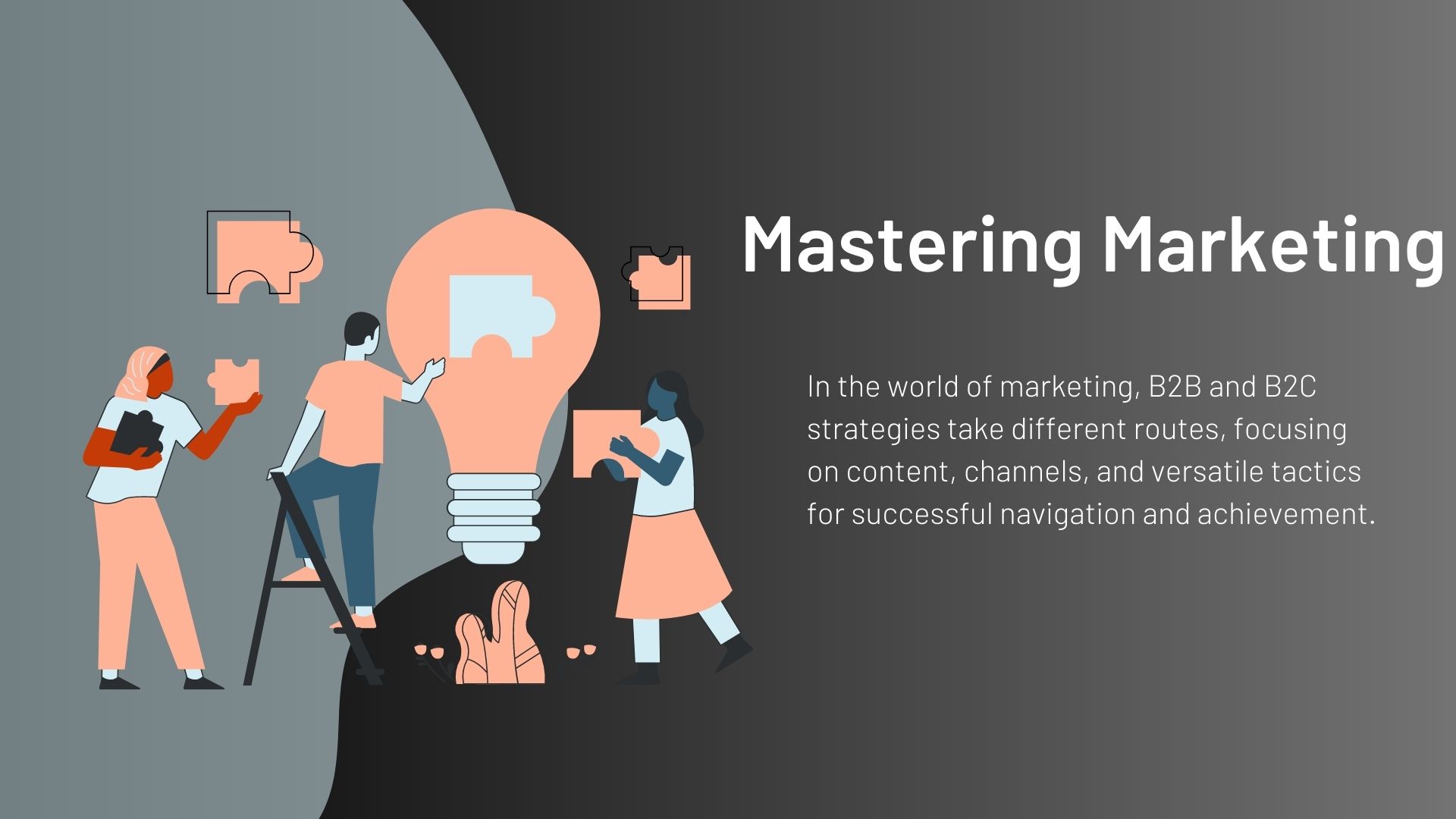
Decoding B2B vs B2C Marketing
In the vast world of marketing, where B2B and B2C pursuits diverge, strategies become the compass guiding success. Typically, B2B marketing sets its course with a unique map, recognizing the distinct needs of the business-to-business market. As you set about creating a marketing plan, consider the key differences between B2B and B2C landscapes. Content marketing is one such beacon that illuminates both paths, fostering relationships and resonating with businesses. To navigate the labyrinthine realm effectively, understanding the popular B2B marketing channels and different B2B marketing strategies is vital. Whether it’s refining your approaches to B2B marketing or wanting to improve your marketing in general, the strategies you can implement are as varied as the stars in the sky. In this dynamic space, where B2B sales and marketing intertwine, forging your own trail through the thicket of possibilities becomes an art that pays dividends.

